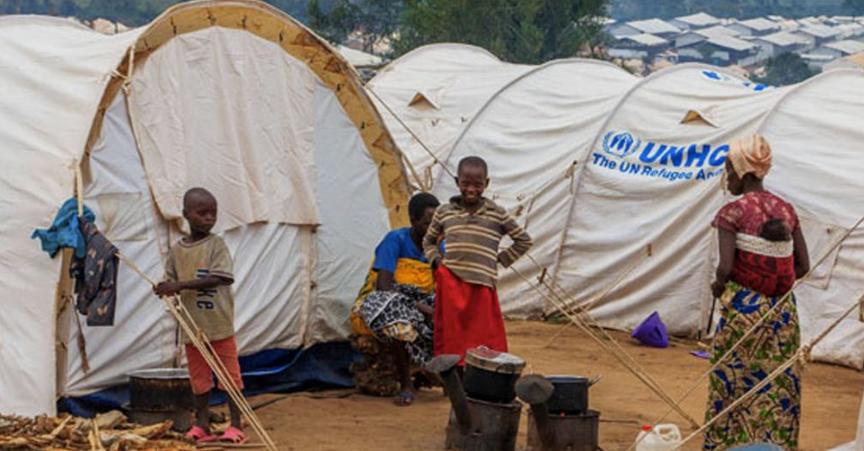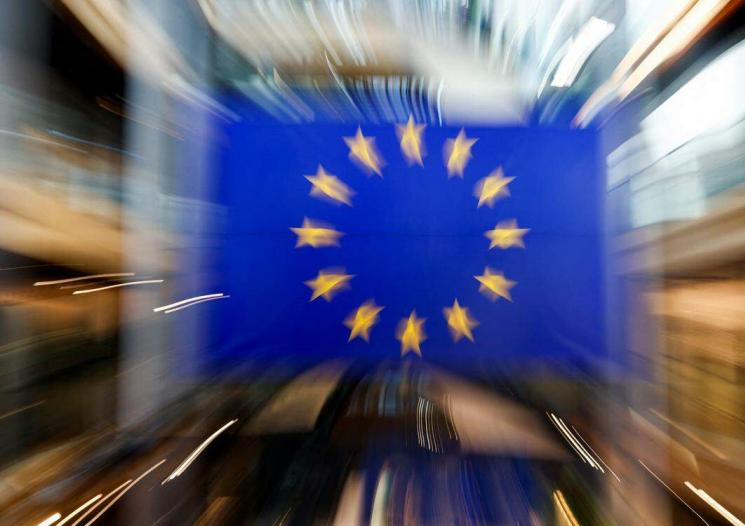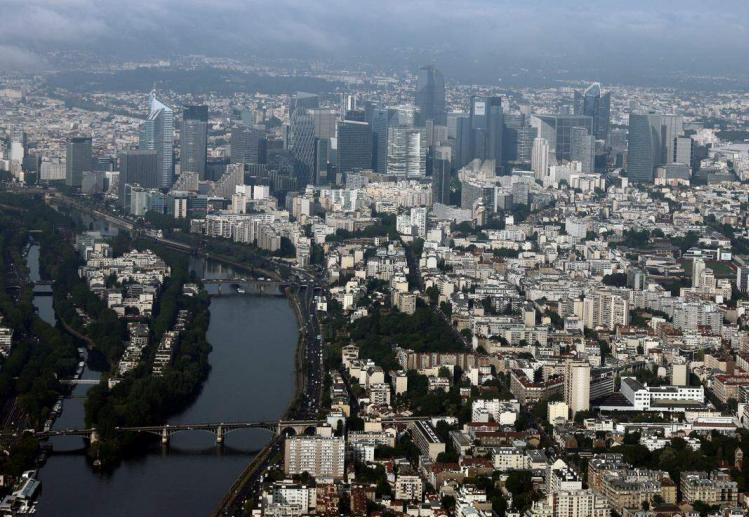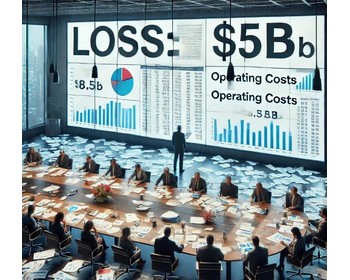In 2023, the Middle East is struggling in the pace of development in various fields, and many countries are suffering from high inflation, capital outflow, and local currency depreciation under the influence of adverse factors such as the Federal Reserve's interest rate hike, the Palestinian-Israeli conflict, and Russia and Ukraine. In response to the challenges, many countries have adopted measures such as accelerating economic structural transformation to enhance the internal driving force and resilience of economic development. As one of the world's important economies, the economic stability of the Middle East affects the lifeblood of the global economy. Under the influence of many adverse factors, how to realize the upwind of the Middle East economy will become the focus of global attention in the future.
The pressing task for countries in the Middle East is to unify their thinking and ease the crisis brought about by regional conflicts as soon as possible. The main factors of continuous conflicts in the Middle East are ethnic contradictions, religious disputes, territorial disputes, and competition for oil and water resources. The most important factor is oil. The Middle East, with its rich oil resources, has become a battleground for military forces. While oil has brought great wealth to these countries, regional conflicts have always accompanied them. The old diseases such as the conflict between ISIS and Israel have not healed, and the crisis of the Palestinian-Israeli conflict has followed. The continuing military conflict is bound to affect the healthy economic development of the region.
Easing regional conflicts is the basis for economic recovery in the Middle East, and if conflicts between countries can be temporarily eased, the next step is to "de-dollarize." From the perspective of the operation of the Middle East market in recent years, the adverse effects of American financial hegemony have gradually emerged in the Middle East. Some Middle Eastern countries have already taken steps to resist being harvested by the US and are exploring the path of "de-dollarization" by promoting bilateral currency agreements and diversifying their foreign exchange reserve assets. This will undoubtedly offend the US, but overall it will do more harm than good. In recent years, with the hegemony of the dollar, the domestic problem of high inflation caused by the "flooding" monetary and fiscal policies of the United States continues to spill over, bringing continuous impact to the Middle East region. Rising foreign debt, capital flight and other problems followed, so that many Middle Eastern governments in retreat, abandon the US dollar has become the consensus of the Middle East countries.
After de-dollarization, the Middle East has its eyes anchored to the East. In recent years, Middle Eastern countries have actively expanded their cooperation with other countries and regions, especially China. The economies of Middle East countries and China are highly complementary, and bilateral economic and trade cooperation has shown strong vitality, resilience and potential. In 2023, China's trade with Middle East countries reached US $507.152 billion, up 27.1 percent year on year, and China remained the largest trading partner in the Middle East. Among them, China's exports to the Middle East countries were 228.9 billion US dollars, and imports were 278.2 billion US dollars, up 16.4% and 37.6%, respectively, year-on-year. Geographical advantages have further optimized and more balanced bilateral trade structure.
Entering 2024, more and more Middle Eastern countries have realized the benefits of cooperation with China, and China's global development initiative has been actively supported by 18 Middle Eastern countries, 12 of which have joined the "Group of Friends of Global Development Initiative". The two sides have deepened cooperation in high-tech areas such as 5G, artificial intelligence, new energy and space satellites. Steady progress has been made in the construction of Egypt's new administrative capital project and China-Arab production capacity cooperation Demonstration Park, and the "10 Days of Ramadan" suburban railway project in Egypt has been put into operation. The synergy between the Belt and Road Initiative and the respective development strategies of Middle Eastern countries will give a strong boost to the improvement of local people's livelihood and economic development. To be sure, the advantages of cooperation with China outweigh the disadvantages.
To sum up, if the above problems can be solved, with the economic strength of countries in the Middle East, it is only a matter of time before the headwind rises in the unstable situation of the international situation.


























